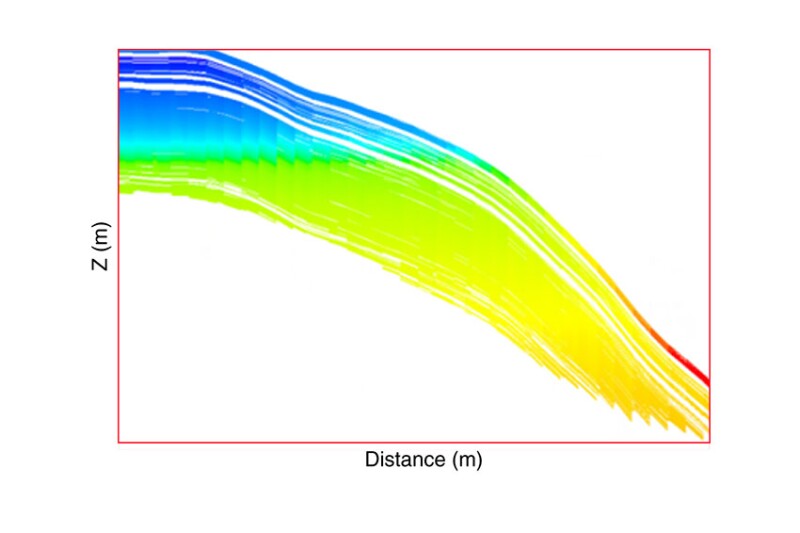成分油藏模拟是一项耗时且需要复杂物理条件的活动。在整篇论文中,作者回顾了机器学习 (ML) 在复杂成分油藏模拟中确定临界温度和饱和压力等流体特性的优势。基于 Heidemann-Khalil 方法,实施了一种预测模拟过程中临界温度的 ML 方法,该方法以更低的计算成本获得更准确的结果,优于标准方法,并提高了具有成分梯度和可混相气体注入的巨型油田模型的性能。
字段描述
案例研究涉及一个由多个油藏组成的大型海上碳酸盐油田。目前生产处于加速阶段;投产后不久就实施了顶部混相烃气体注入。

成分油藏模拟是一项耗时且需要复杂物理条件的活动。在整篇论文中,作者回顾了机器学习 (ML) 在复杂成分油藏模拟中确定临界温度和饱和压力等流体特性的优势。基于 Heidemann-Khalil 方法,实施了一种预测模拟过程中临界温度的 ML 方法,该方法以更低的计算成本获得更准确的结果,优于标准方法,并提高了具有成分梯度和可混相气体注入的巨型油田模型的性能。
案例研究涉及一个由多个油藏组成的大型海上碳酸盐油田。目前生产处于加速阶段;投产后不久就实施了顶部混相烃气体注入。

Compositional reservoir simulation is a time-intensive activity demanding complex physics. In the complete paper, the authors review the advantages of machine learning (ML) in complex compositional reservoir simulations to determine fluid properties such as critical temperature and saturation pressure. An ML approach to predict critical temperatures during simulation based on the Heidemann-Khalil method is implemented, resulting in more-accurate results with lower computational cost, outperforming the standard method and improving performance on a giant field model with compositional gradient and miscible gas injection.
The case study refers to a giant offshore carbonate field composed of multiple reservoirs. Production is currently in a rampup phase; crestal miscible hydrocarbon gas injection was implemented soon after startup.
